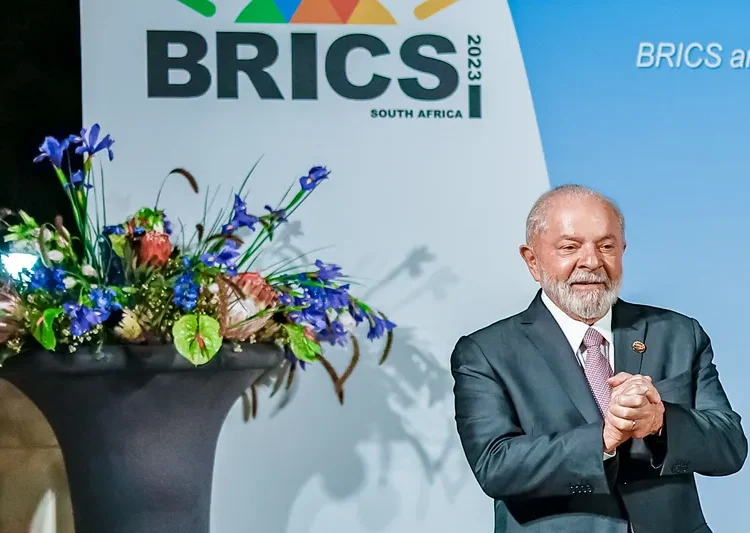In 2025, Brazil took over the rotating presidency of the Brics on Wednesday (1) and will hold the post until the end of this year. The country is now preparing to host the bloc’s summit, scheduled for July in Rio de Janeiro.
Originally made up of Brazil, Russia, India, China, and South Africa, the group is expanding and has been welcoming new members and partners since last year. By 2025, at least nine countries, including Cuba, Bolivia, Indonesia, Belarus, Kazakhstan, Malaysia, and Thailand, are expected to join the Brics.
The inclusion of new members was defined in October 2024, at the 16th Brics summit in Kazan, Russia, when the bloc’s new category of partners was created.
With the motto “Strengthening Cooperation in the Global South for More Inclusive and Sustainable Governance”, the Brazilian government’s challenges for the next summit include articulating the participation of the new members and continuing to build the payment system with local currencies in trade between countries, replacing the US dollar.
In addition, Brazil also hopes to raise awareness of the environmental agenda and the fight against climate change at COP30 (United Nations Climate Change Conference), which will also take place in the country, in the capital of Pará state, in the Amazon, in November.
Trump’s threats
Brics is starting the year dealing with threats by US President-elect Donald Trump, who has promised to sanction countries that stop using the US dollar in trade transactions.
Replacing the US currency in bilateral negotiations is one of the main issues being discussed by the Brics countries. Some of them – such as Russia, China, Iran and Brazil – have already experimented with trade models using their own currencies.
The debate is now about building international mechanisms to make these negotiations easier, which, according to analysts, would assure more autonomy and freedom to countries that don’t issue the dollar to negotiate with each other.
To BdF, Indian historian and Marxist intellectual Vijay Prashad commented on Trump’s threats in case de-dollarization advances and said that “the world should take the billionaire’s statements less seriously.”
“By now, 70% of developing countries around the world have US sanctions. What are they going to do? Sanction 100% of them? That would isolate the United States. I think we have to take some of Trump’s threats with a little less seriousness,” said Prashad.
Source: Telesur and Agência Brasil




